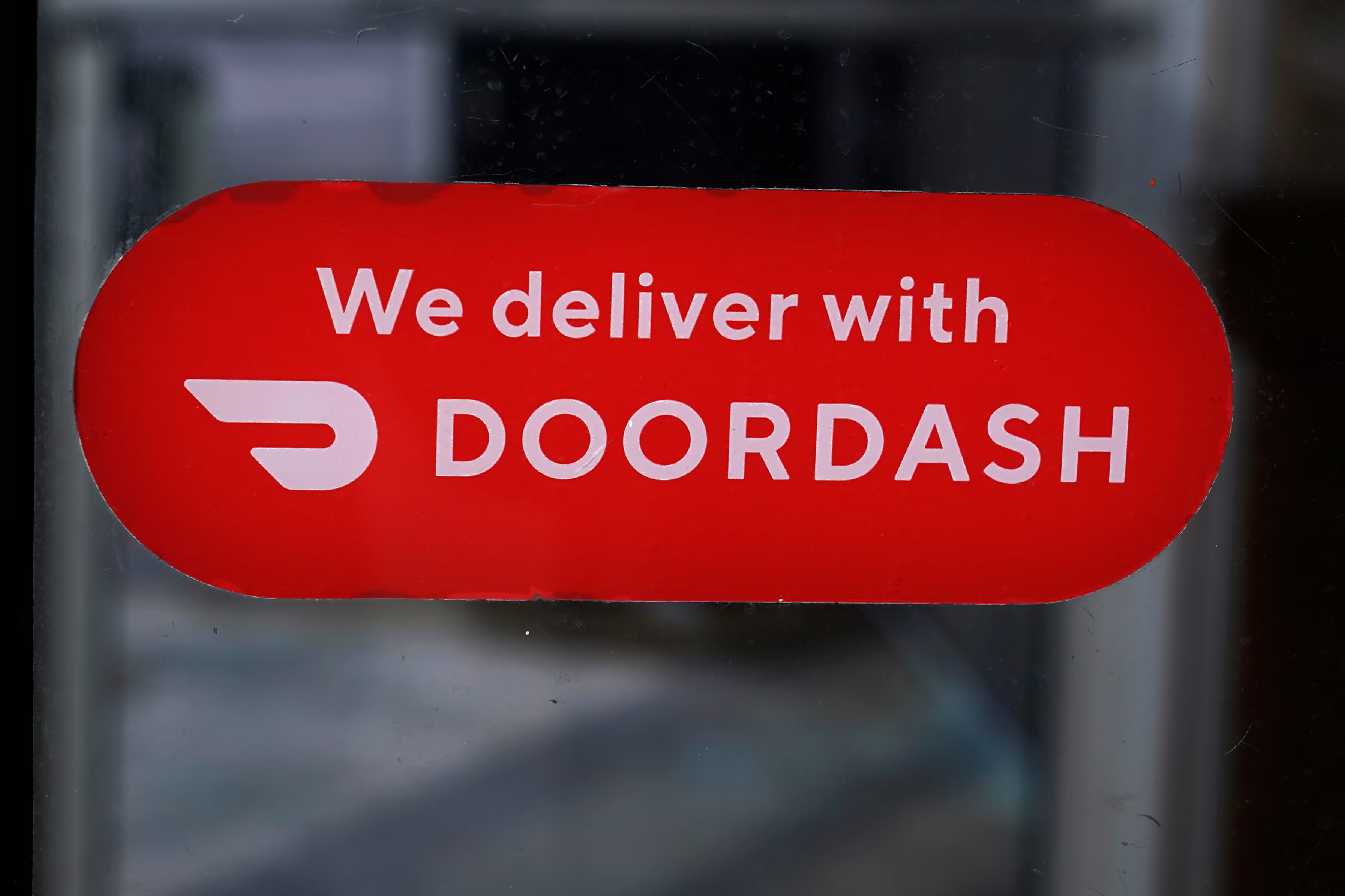DoorDash said Thursday that it set records for orders and revenue in the second quarter, growth that came despite slowing U.S. restaurant traffic.
The San Francisco-based delivery company said its total orders rose 19% to 635 million in the April-June period. That was ahead of the 625 million Wall Street expected, according to analysts polled by FactSet.
DoorDash said revenue rose 23% to $2.6 billion, which also exceeded analysts’ forecast of $2.5 billion.
Its stock jumped 11% in after-hours trading.
U.S. restaurant demand has weakened in recent months as many inflation-weary consumers opt to cook at home. Circana, a market research firm, said restaurant traffic was down 2.6% in the first half of the year.
Earlier this week, McDonald's reported a 1% drop in same-store sales during the April-June period, the first decline since the end of 2020. Starbucks also said its quarterly revenue fell due to weak customer traffic.
But DoorDash Co-Founder and CEO Tony Xu said his company isn't seeing that slowdown. Xu said at many restaurants, digital and delivery sales are continuing to grow even if foot traffic isn’t.
“We’re still in the earliest innings of the move towards digital and the overall omnichannel experiences that every restaurant and retailer is participating in, and we’re lucky to play in the part that is growing,” Xu said Thursday on a conference call with investors.
New restaurants are also continually joining the platform, both in the U.S. and overseas, he said.
Xu said DoorDash's efforts to improve its customer experience — by lowering delivery fees, improving personalization in its app and making it easier to reorder favorites — are also paying off. The company said it continues to see growth in its DashPass subscribers, who pay a monthly fee and get most deliveries free.
DoorDash has also increasingly moved beyond delivering restaurant food and added a wider variety of stores to its service menu. In the second quarter, it partnered with Ulta Beauty and Lowe’s as well as Vallarta Supermarkets and other West Coast grocers. The company said it also delivered hundreds of thousands of flower bouquets for Mother's Day.
But Xu said there is still much more the company can do.
“We are trying to represent every city in a digital way, which means unless we have every breathing merchant that is alive in the city, we don’t have great selection,” he said.
DoorDash narrowed its net loss to $158 million, or 38 cents per share. Analysts had forecast a per-share loss of 9 cents. DoorDash said its marketing and development costs rose in the quarter, and it also booked expenses for office lease charges and litigation reserves.
For now, all eyes are on the third quarter, when investors are hoping the 11-year-old company finally reports a net profit. Analysts polled by FactSet are currently forecasting per-share earnings of 9 cents for the July-October period.









